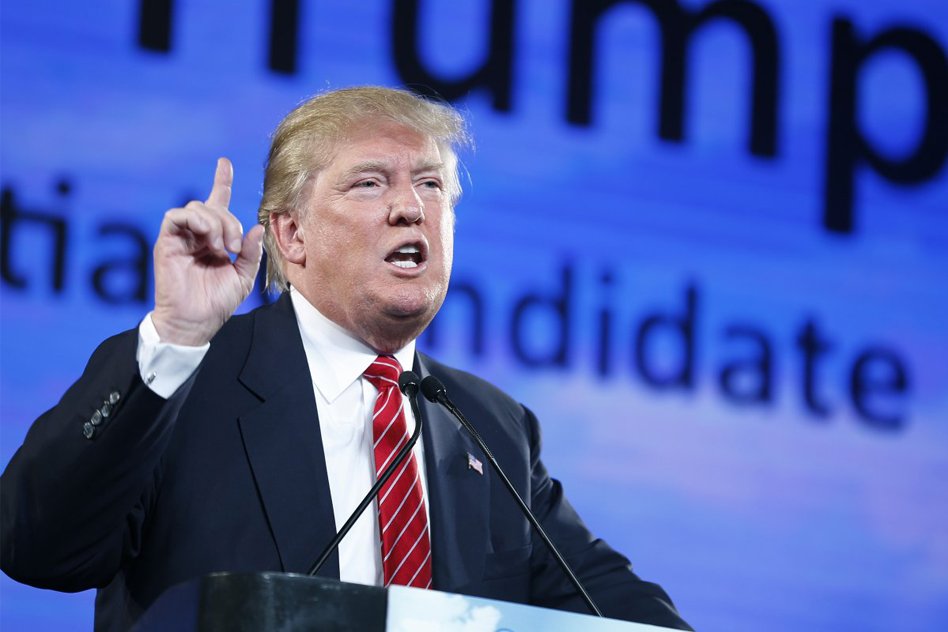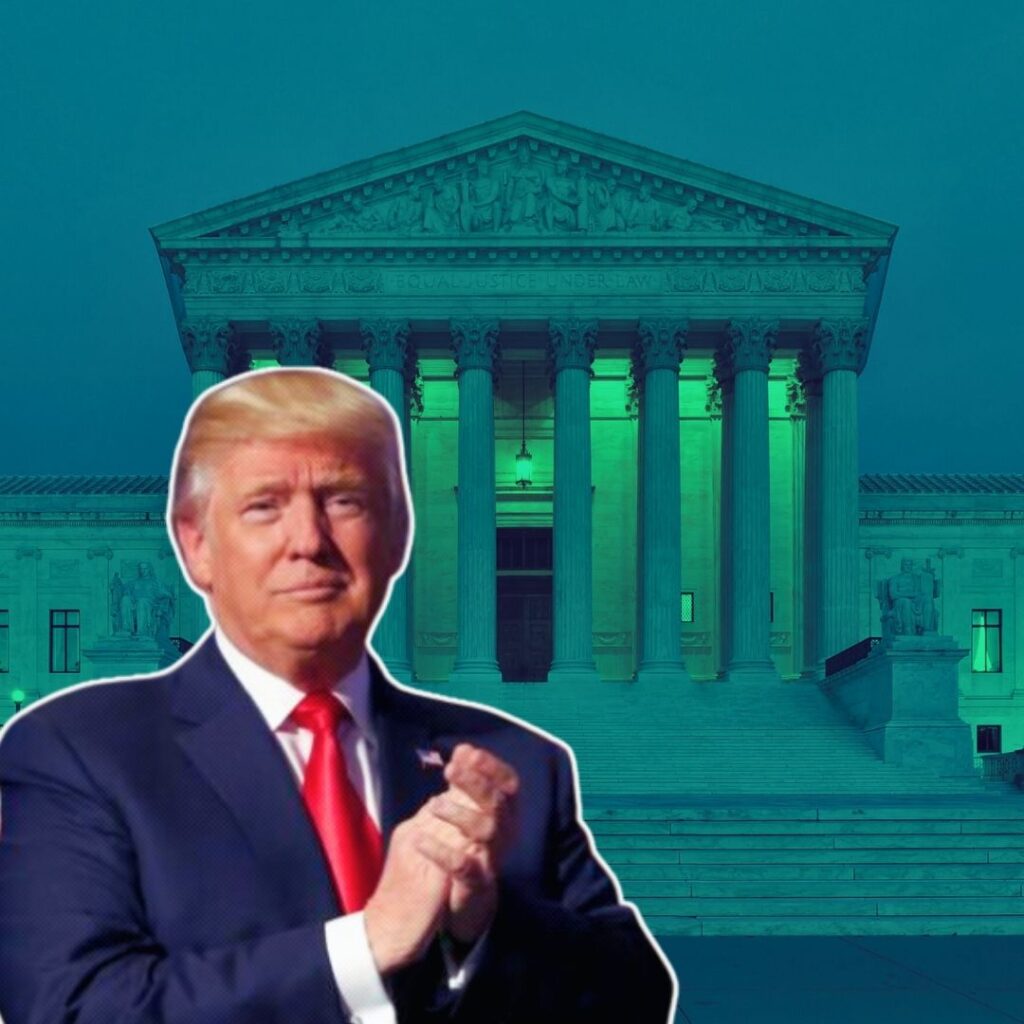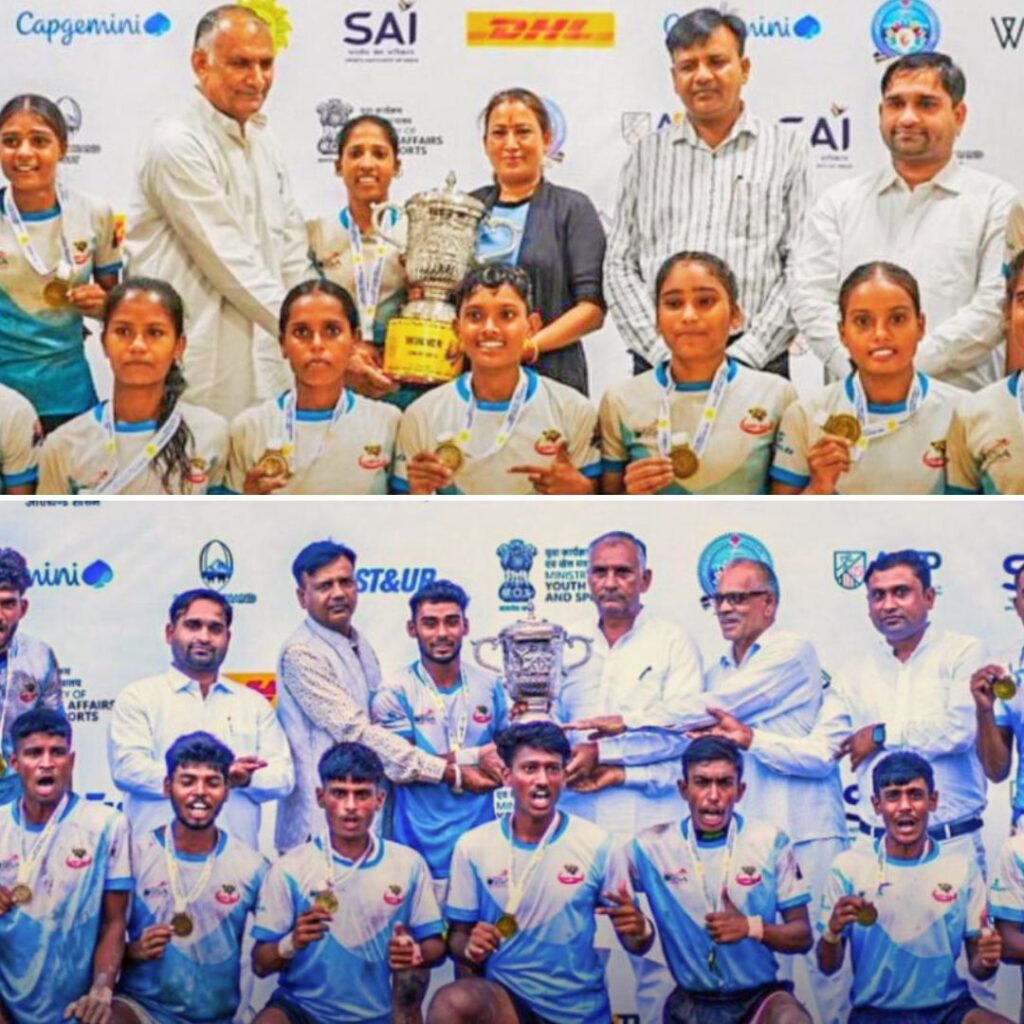Image Courtesy: businessinsider
When Donald Trump announced his candidacy for the US Presidency on 16 June 2015, policy analysts rolled their eyes, journalists hyperventilated and comedians jumped up and down. No one among the intelligentsia pictured Trump as a serious contender; they admonished him as a comical distraction.
Since June, however, Trump has headlined a major campaign, invested heavily from his personal coffers and ridden a media wave. With less than a month left before the Republican Primaries, Trump is currently leading his party in the polls and poses a credible threat to the Democrats. The rhetoric has changed from “Trump is a joke,” to “Trump can defeat Hillary Clinton.” And all this in spite of a series of racist, misogynist, bigoted comments which would have dismantled the campaign of any other candidate.
Two questions arise at this point of time for any observer of international politics:
• How can a person like Donald Trump be a front runner in the elections of a country which famously prides itself for its democracy, equality and civil rights?
• Can Donald Trump actually become President in November 2016?
To answer the first question, contrary to what one may assume, race relations in the US are still very tense. In spite of the Civil Rights movement and Barack Obama’s election in 2008, racism is still very much present in the US. While this racism can be seen in white-black relations (which took a downturn in 2015 following a spate of police shootings), the reality is that the African-American community is better off today than it was decades ago. Anti-black sentiment has greatly decreased since the 1960s.
Instead, racism in the US has taken a new form today – anti-immigration. Though there is a large body of research on how immigrants improve the economy, bring innovation and curb unemployment, anti-immigrant sentiment is widespread in the US – despite America’s reputation as a nation of immigrants. Bashing the Obama administration’s efforts to rehabilitate illegal immigrants and blaming immigrants (Mexicans and Muslims in particular) for America’s economic doldrums have been the core themes of Trump’s campaign. He took advantage of unemployment, national debt and popular disillusionment to ignite an anti-immigration frenzy. This escalated due to the refugee crisis, the Paris attacks and the San Bernardino shooting.
Trump’s meteoric rise is not due to his economic plans which have been decried by economists as impractical; it is not due to his foreign policy credentials of which he has none; it is not due to his experience as he has never before held elected office. Trump’s rise is due to virally successful propaganda by his campaign which pandered to economic stagnation and painted immigrants, Muslims and Democrats as the scapegoats for all of America’s problems. This was made possible by the increasing political polarization of American society in the past decade, the absence of well-informed public debate and the media’s obsession with Trump. A particularly significant factor which helped Trump was his dominance during the Republican debates – or, in other words, the failure of most of his opponents (with the possible exception of Ted Cruz and Marco Rubio) in meeting his challenge.
As for the second question on Trump’s electoral credibility, there is a high probability that he will be the Republican nominee for President. He has brilliantly pandered to the Republican vote banks. Not since the 1940s has any US Presidential candidate headed into the Primaries with such high support. The irony is that no one is to blame for Trump’s rise than his own party. As Paul Krugman wrote in The New York Times, the Republican Party had been heading for a leader like Donald Trump for years as Republican politicians had trained their base to care more for politics than policy. By branding Obama a “Kenyan” and a “Muslim” and anybody who was pro-Democrat as anti-America, the Grand Old Party set the stage for a heavily diluted national debate, enabling far-right elements like Trump to capitalize on mass misinformation and discontent.
However, as for the actual elections, there is no practical way Donald Trump can be elected President. Let us assume that the current two frontrunners of the Democratic Party and the Republican Party – Hillary Clinton and Donald Trump respectively – will be nominated by their parties. When the Presidential debates between Trump and Clinton begin, there is no way Trump will be able to match the experience of Clinton. Given the rise of ISIS and a resurgent Russia, foreign policy will dominate the US Elections this year, and Clinton will use her experience as Secretary of State as an important distinction between her and Trump. She will also launch a blitzkrieg against Trump’s economics credentials and contrast them with her own plans to rein in Wall Street.
Trump may fare well among Republican voters, but, taking the entire country into account, it is the Independents who decide the fate of elections. And Trump is doing badly among Independents as they are repulsed by his far-right ideology. Clinton’s moderate views will seem more tenable. Come November, this will not change. The Democrats led by Clinton will enunciate the impracticality of Trump’s economic proposals, the ridiculousness of his immigration policy and the nonexistence of his foreign policy experience. And given Trump’s relatively poor polling among Hispanics, African-Americans, women and LGBT Americans, Trump’s rising chances in the Republican Primaries will be mirrored by Clinton’s rising numbers in the general elections.
Coming to the Indian perspective, Trump’s rise is actually good news for India. Given his anti-immigrant stance and his proposal to amend H-1B visas, this might seem incorrect. But when delved into, two striking points come into the picture:
• Any policy analyst can say with justifiable confidence that Trump, even though he might win the Republican nomination, cannot win the Presidency. As such, a Republican campaign led by Trump virtually cements a Hillary Clinton Presidency.
• The more Trump rises in the polls, the better Indian democracy looks.
Since her years as First Lady, Democratic front runner Hillary Clinton has been friendly to India. Insiders’ memoirs have recalled how she made her husband focus on India as a prime ally in the 1990s after decades of mistrust. During her tenure as Secretary of State, Clinton allied Indian and American intelligence to combat terrorism and vocally admonished Pakistan for harbouring terror groups. Asia is at the centre of her foreign policy, and she outlines in her book “Hard Choices” how America needs to shift its foreign policy focus to South and South-east Asia in the coming decades. India being an emerging economy and the only bright spot in the current global economic darkness, any US President will be India’s friend. Hillaryland or Trumpistan, America needs India as an ally. But with her record of support for India against Pakistan, her progressive immigration policy and her general concentration on Asia, Clinton might turn out to be a better friend for India in the White House than other candidates. And as previously explained, Trump’s rising chances in the Republican Primaries will only be mirrored by Clinton’s rising numbers in the general elections.
An important observation from Trump’s rise is that, in spite of American democracy’s selling points as being progressive and advanced, it is still heavily flawed and marred with fault lines. It is unimaginable for a candidate for Prime Minister in India to lead his peers with as high a margin as Trump. Indian democracy may have its elements of absurdity, but it is unthinkable for an Indian candidate for Prime Minister to voice bigotry and anti-minority rhetoric like Trump and still expect such massive mainstream support. Indian democracy is both young and imperfect, but the rise of Donald Trump has highlighted its maturity and promise in contrast to America’s battered democracy.











